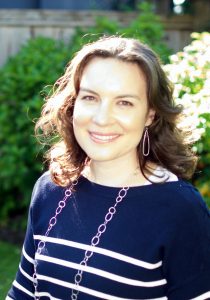
Dr. Sara Schroeder is the recipient of a President’s Seed Fund grant of $4,842 for her research project, “Staging Difference: Examining Representational Practices in Musical Theatre Productions in Regina Schools and on Professional Stages”
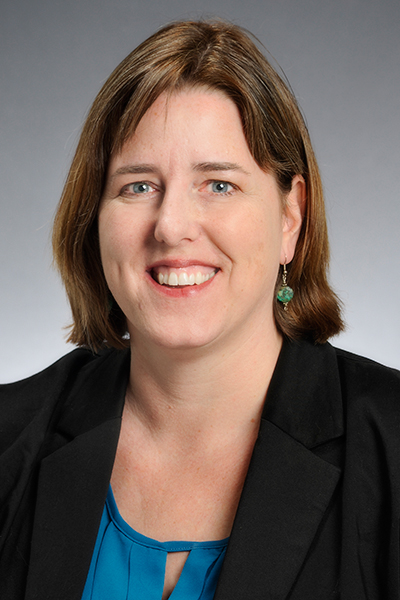
Dr. Christine Massing is a successful applicant for McDowell Foundation funding for her study that explores the pre- and post-migration educational experiences of refugee children. The study received $10,000. Co-investigators are Daniel Kikulwe from the Faculty of Social Work and Katerina Nakutnyy—University of Regina Alumna and English as an Additional Language teacher at O’Neill High School, Regina Catholic Schools.
The McDowell Foundation, in funding the project, recognizes the importance of Dr. Massing’s work and the expressed desire to support this research and the contribution it will make to teaching and learning in the province.
On Tuesday, April 10, graduate students from Dr. Marc Spooner’s ED 800 course, an introduction to educational research, hosted a Poster Fair, sharing their poster research proposals around (new and interesting) food and conversations. Spooner, who invited faculty to attend, says, “This is a perfect opportunity for our graduate students to see what ED 800 and research is all about and for faculty to see and discuss what our students are thinking about researching.” Through experiences such as this, Spooner says, students gain “some conference-like experience in a warm, familiar, and supportive environment.”
Readers:
in education has just published its latest issue (23-2) at
https://ineducation.ca/ineducation
in education is a peer-reviewed, open access journal that is based in the
Faculty of Education, University of Regina, in Saskatchewan, Canada. The
journal has been in existence since 1993, but published its first issue as
an online journal in December of 2009. The editorial board invites scholarly
articles and reviews of works that explore ideas in teacher education, as
well as broader and more inclusive discussions in education.
We invite you to review the Table of Contents here and then visit our web
site to review articles and items of interest.
Thanks for the continuing interest in our work,
Val Mulholland, Acting Editor-in-Chief
Patrick Lewis, Editor-in-Chief
Shuana Niessen, Managing Editor, in education
in education
Vol 23, No 2 (2017): Autumn 2017
Table of Contents
https://ineducation.ca/ineducation/issue/view/34
Editorial
Editorial (pp.1-2)
Val Mulholland
Articles
Mollenhauer’s Representation: The Role of Preservice Teachers in the Practices of Upbringing (pp. 3-24)
Andrew Foran, Daniel B. Robinson
Story as a Means of Engaging Public Educators and Indigenous Students (pp. 25-42)
Martha Moon
Patterns in Contemporary Canadian Picture Books: Radical Change in Action (pp. 43-70)
Beverley Brenna, Shuwen Sun, Yina Liu
Early Career Teachers’ Evolving Content-Area Literacy Practices (pp. 71-86)
Anne Murray-Orr, Jennifer Mitton-Kukner
Book Review
A Review of The Way of the Teacher: A Path for Personal Growth and Professional Fulfillment by Sandra Finney and Jane Thurgood Sagal (pp. 87-88)
Carl Leggo
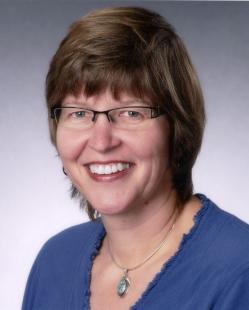 Dr. Hanson is the successful applicant for a SSHRC Insight Grant. Co-applicants on the grant include Dr. Leah Levac (Guelph), Dr. Amy Bombay (Dalhousie), Dr. Raven Sinclair (U of Regina), and Cynthia Stirby (SFU). The study – Reconciling Perspectives and Building Public Memory: Learning from the Independent Assessment Process – received $268,000.
Dr. Hanson is the successful applicant for a SSHRC Insight Grant. Co-applicants on the grant include Dr. Leah Levac (Guelph), Dr. Amy Bombay (Dalhousie), Dr. Raven Sinclair (U of Regina), and Cynthia Stirby (SFU). The study – Reconciling Perspectives and Building Public Memory: Learning from the Independent Assessment Process – received $268,000.
The study proposes to address knowledge gaps regarding the Independent Assessment Process (IAP) – a compensation policy that emerged from the Indian Residential School Settlement Agreement (IRSSA) signed in 2007. The IAP involved hearings for serious physical and sexual abuse claims that emerged from Indigenous Survivors of Indian Residential Schools (IRS). The Supreme Court voted that month, in a controversial decision, to destroy most of the records of the IAP. The study will use theatre and public pedagogies to make knowledge about the IAP – the largest compensation process in the world – known to a wider public.
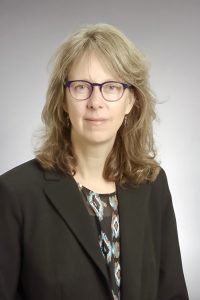
Congratulations to Dr. Alayne Armstrong, Assistant Professor of Mathematics Education, who was awarded $4,920 for her research which examines, “The learner’s perspective: Adapting technology for middle school students with mathematics learning disabilities through the emergent technological practices of post-secondary students with mathematics learning disabilities.”
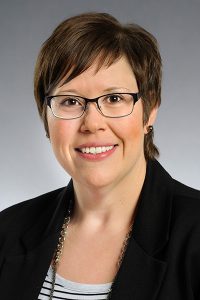
Congratulations to Dr. Pamela Osmond-Johnson, Assistant Professor of Educational Administration, who was awarded $4,999 for her research on “Implementing the TRC Calls to Action: The strategic advocacy of school leaders in Saskatchewan.”
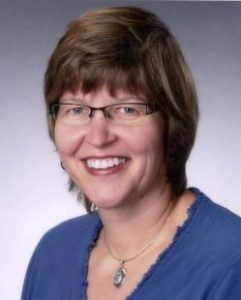 Congratulations to Dr. Cindy Hanson for receiving funding in the amount of $2000 from the Community Connections series for Congress 2018 for her project is called “Learning from Labour: Experiments in equity and learning from Turtle Island.” The committee indicated that Cindy’s event would be an excellent addition to the Congress 2018 program.
Congratulations to Dr. Cindy Hanson for receiving funding in the amount of $2000 from the Community Connections series for Congress 2018 for her project is called “Learning from Labour: Experiments in equity and learning from Turtle Island.” The committee indicated that Cindy’s event would be an excellent addition to the Congress 2018 program.
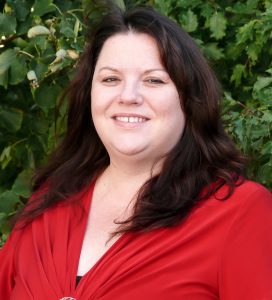
Dr. Jolee Sasakamoose, is the recipient of a National Indian Brotherhood (NIB) Trust Fund grant in the amount of $117,422.00 for her project Indigenous Wellness and Land Based Therapies. The NIB adjudicated over 200 grants applications, and made only 87 awards. Jolee’s research is timely and important, and will no doubt make a difference to Indigenous healing and wellness.
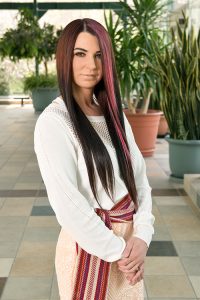
Dr. Angela Snowshoe (co-principal investigator with Donald Gamble) is a successful recipient of a CIHR Indigenous Approaches to Wellness research grant in the amount of $138,056 for her project “(Re)Connecting Animal-Human Relationships as a Doorway to Indigenous Wellness.” Only a small percentage of grants submitted to Tri-Council are funded, so this is indeed something to be celebrated especially as Angela’s application was ranked in the top 10 of all grants submitted to this competition.
Many contemporary health care service approaches fail to reflect the importance of Indigenous peoples’ relationships to the more-than-human natural world (e.g., animals, plants, soil, water, weather, and Ancestors). Strong and healthy connections between humans and the more-than-human natural world are vital for physical, mental, emotional, and spiritual balance within and across communities and species. Our strengths-based research project will begin to repair the divide between humans and animals in a Saskatchewan First Nation community. First, we will develop and deliver a unique animal-human relationship workshop aimed at strengthening Indigenous ways of knowing and relating to animals. Second, we will create an Indigenous wellness model of health and healing. Third, we will model exemplary ways of working with human and more-than-human communities in research. To do this, our research team will work closely with community members to capture participants’ workshop experiences through sharing circles, open-dialogue, interviews, digital stories, and ceremony. These stories and narratives will provide insight into the importance of animal-human relationships for holistic wellness and will be used to inform health promotion programs that meet the unique needs of Indigenous youth, families, and communities.
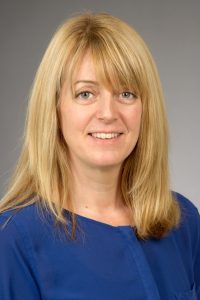
Dr. Andrea Sterzuk, with colleagues from McGill University, has been awarded a SSHRC Knowledge Synthesis grant ($24,000) for a project entitled, “Ethical relationality, Canadian applied linguistics and Indigenous language revitalization.” Two graduate students, Bill Cook and Dennis Runns, will be supporting the project.
__________________________________________

Dr. Cindy Hanson has been awarded a SSHRC Knowledge Synthesis grant ($24,000) for a project entitled, “Two-eyed seeing and intersectionality: Reconciling research approaches.” Her project focuses on the role of social sciences and humanities research in advancing collective goals for reconciliation with Aboriginal Peoples and the ways that Aboriginal knowledge systems contribute to interdisciplinary collaboration and extend the boundaries of knowledge across all disciplines.
Dr. Cindy Hanson has also been awards a SSHRC Insight grant of $42,467 for her project entitled “Reconciling perspectives and building public memory: learning from the independent assessment process.” Co-applicants are Amy Bombay. Leah R.E Levac, Raven P. Sinclair, and Cynthia Stirbys.